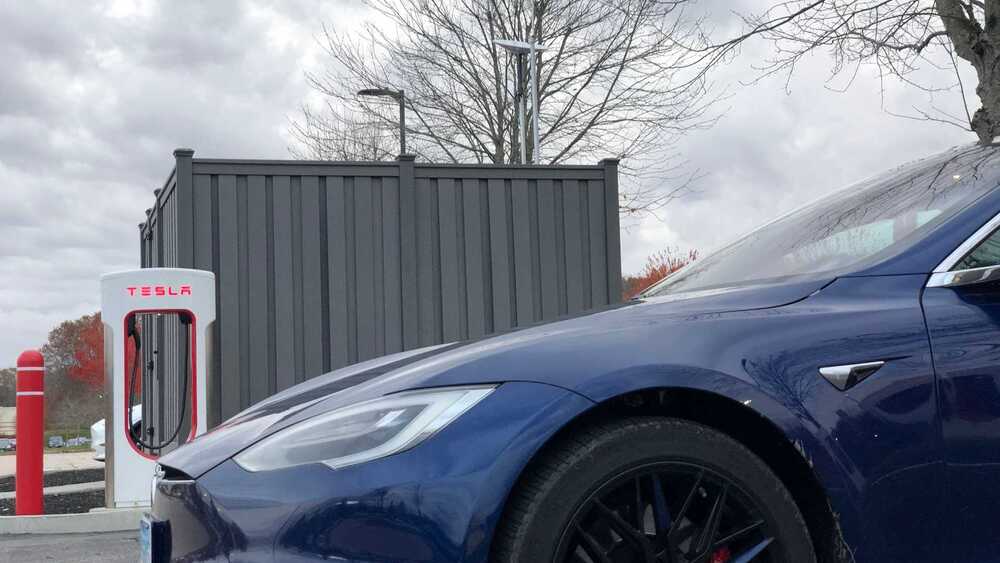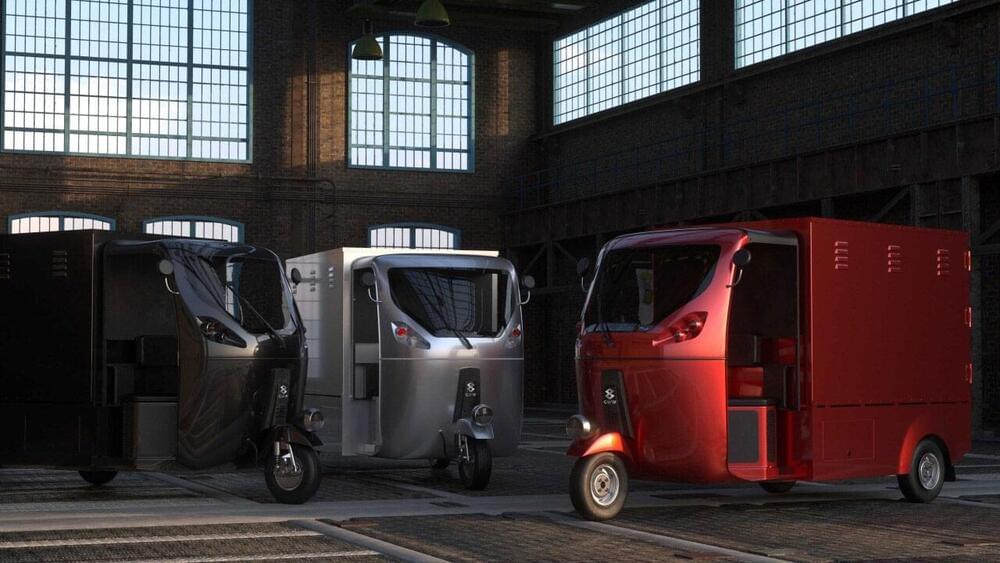A lot of our great technological achievements were copied from nature. And we are still copying.
Go to http://www.warbyparker.com/joescott to get your FREE try-on home kit and find some glasses you love!
Humans have been designing and innovating for 100,000 years, but nature has been doing so for 4.5 billion years. Turns out we still have a lot to learn from nature, and biomimicry is the science of using nature to inform innovative design. Here are some great examples of this new and maybe world-changing design philosophy.
Want to support the channel? Here’s how:
Patreon: http://www.patreon.com/answerswithjoe.
Channel Memberships: https://www.youtube.com/channel/UC-2YHgc363EdcusLIBbgxzg/join.
T-Shirts & Merch: http://www.answerswithjoe.com/store.
Check out my 2nd channel, Joe Scott TMI:







